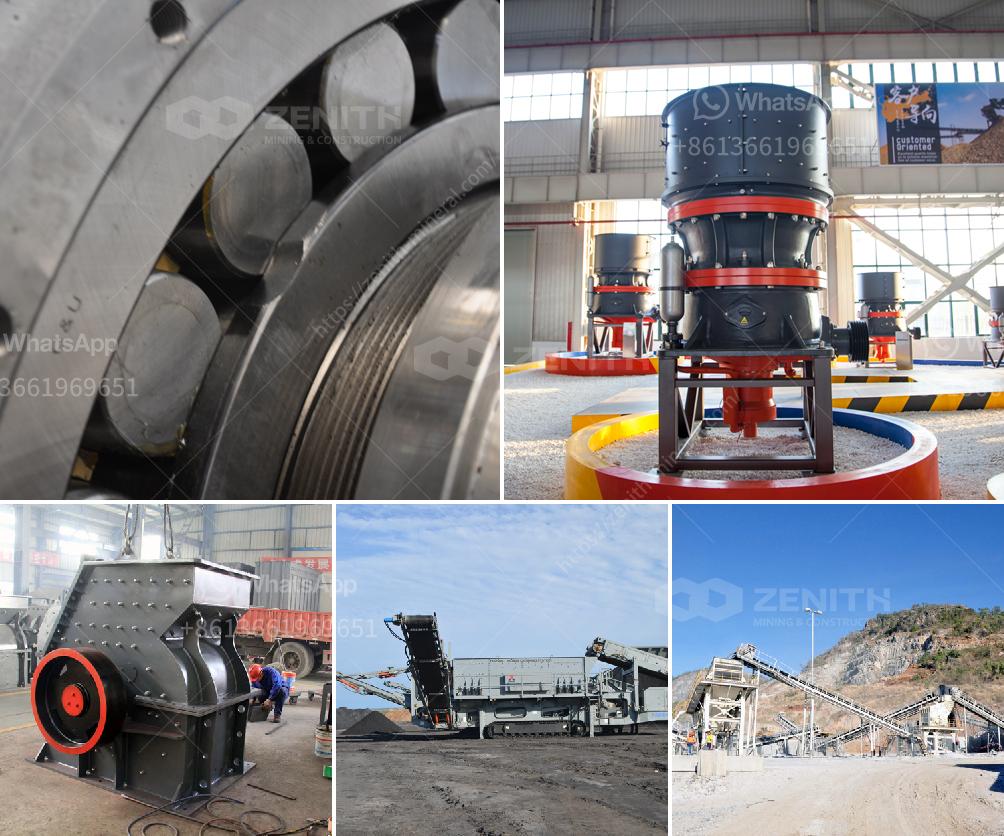Choosing a crushing machine requires careful consideration of several factors to ensure it meets your specific needs. Here’s a step-by-step guide to help you make an informed choice:
-
Material Specification:
- Type of Material: Identify the material you need to crush (e.g., granite, limestone, concrete, glass).
- Hardness: The hardness of the material (measured by Mohs hardness scale) will influence the type of crusher needed.
- Moisture Content: High moisture content may require specific types of crushers to avoid clogging.
- Feed Size and Output Size: Determine the size of the input material and the desired size of the output material.
-
Production Requirements:
- Capacity: How much material you need to process per hour (tph - tons per hour).
- Reduction Ratio: The ratio between the size of the feed material and the size of the crushed output.
-
Types of Crushers:
- Jaw Crushers: Suitable for primary crushing, they handle large pieces of rock.
- Gyratory Crushers: Typically used for primary crushing in large-scale rock crushing applications.
- Cone Crushers: Ideal for secondary or tertiary crushing to achieve a more finely crushed material.
- Impact Crushers: Used for softer materials and create more fines; suitable for primary and secondary crushing.
- Hammer Crushers: Best for materials with medium-to-low hardness but high abrasiveness.
- Vertical Shaft Impactors (VSI): Used for producing high-quality aggregates and sand.
-
Operational Considerations:
- Ease of Maintenance: Look for machines that are easy to maintain and have readily available spare parts.
- Energy Consumption: Evaluate energy efficiency to keep operational costs low.
- Mobility: Decide if you need a stationary or portable crusher based on the location of your operation.
-
Cost Factors:
- Initial Purchase Cost: Compare prices from different manufacturers.
- Operating Costs: Consider fuel, power, labor, and maintenance costs.
-
Manufacturer and Supplier:
- Reputation: Choose a reputable manufacturer known for reliable and durable machines.
- Technical Support: Ensure there is adequate after-sales service and technical support available.
-
Safety Features:
- Safety Mechanisms: Check for safety features like emergency stop buttons, protective covers, and automated control systems.
- Compliance with Standards: Ensure the machine complies with local and international safety standards.
By evaluating these factors, you can select a crushing machine that will efficiently and effectively meet the demands of your operation.

